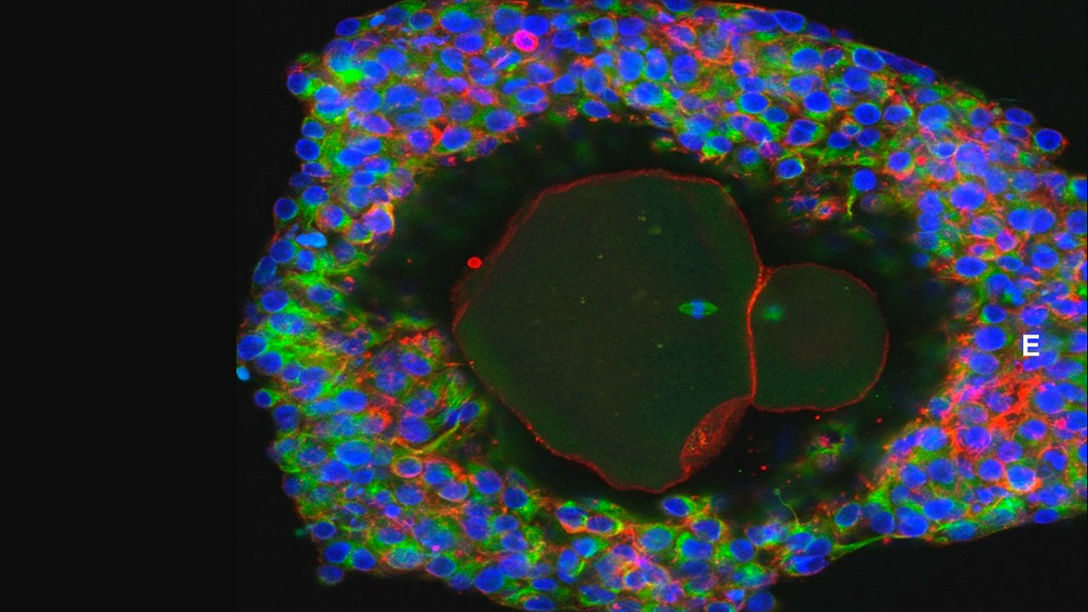In an advance that could lead to new fertility treatments, researchers have coaxed immature human egg cells to fully develop in the lab for the first time. Still unclear is whether the resulting eggs, which reached maturity in just 22 days, compared with 5 months in the body, are normal and whether they can combine with sperm to make a healthy embryo.
The feat nonetheless is “extraordinarily important,” says Kyle Orwig, a stem cell biologist at the Magee-Womens Research Institute at the University of Pittsburgh in Pennsylvania who was not involved in the new work. “It has real potential for application,” he adds. “We already have the patients.”
Those patients include women who have gone through chemotherapy, which can damage eggs and cause infertility. Girls with cancer who haven’t hit puberty don’t yet produce mature eggs that can be frozen, so some choose to preserve a small piece of ovarian tissue, which can later be placed back in the body to start making eggs. But that’s a risky choice in some cases, because the transplant could reintroduce the cancer with the cells. If the new process is perfected, these women could instead rely on the tissue they saved as girls to generate eggs for in vitro fertilization.
Sourced through Scoop.it from: www.sciencemag.org



Leave A Comment